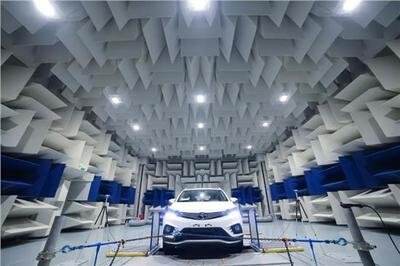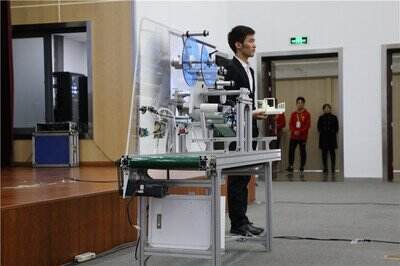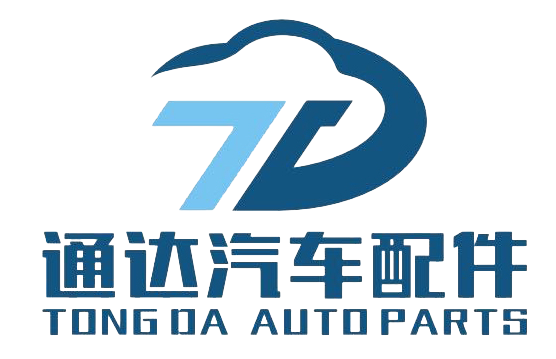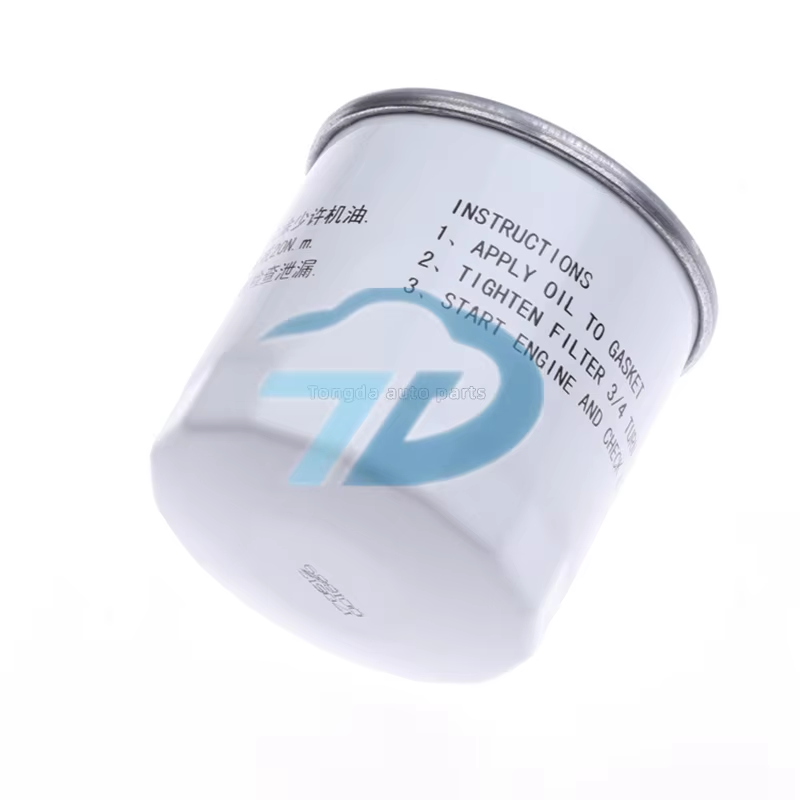מהן האפשרויות לכיוון מושכל של מסננים?
As a key component of automobiles, the intelligent development of filters is an important manifestation of technological progress in the automotive industry. The direction of intelligent filters covers multiple aspects, and the following are specific possible development directions:
###1、 Intelligent monitoring and early warning
1. * * Real time monitoring * *: By integrating sensors, the working status of the filter is monitored in real time, including filtration efficiency, blockage degree, etc., providing accurate and real-time filter status information for car owners.
2. * * Warning System * *: When the filter reaches the replacement cycle or the working performance decreases, the intelligent system can automatically send warning information to the car owner, reminding them to replace or maintain the filter in a timely manner, avoiding engine damage or other faults caused by filter failure.
###2、 Automatic cleaning and self-healing
-
* * Automatic Cleaning Technology * *: Utilizing advanced automatic cleaning techniques such as rotary scraping, reverse flushing, etc., to achieve automatic cleaning of the filter, reducing the frequency and difficulty of manual cleaning, and improving the service life and filtration efficiency of the filter.
2. Self repair function: By integrating advanced materials and technologies, the filter has a certain degree of self-healing ability, which can repair minor damage or blockage to a certain extent and extend the service life of the filter. 
###3、 Intelligent matching and customized services
1. * * Intelligent Matching System * *: Based on the specific model, engine type, and other parameters of the vehicle, the intelligent system can automatically match the most suitable filter model and specifications, ensuring that the performance of the filter matches the vehicle's needs.
2. * * Customized Services * *: Provide customized filter products and services based on the needs and preferences of different car owners, including special filter materials, customized replacement cycles, etc., to meet the personalized needs of car owners.
###4、 Remote control and data analysis
-
* * Remote Control System * *: Through devices such as smartphones and car terminals, remote control and monitoring of filters can be achieved, including remotely starting cleaning programs, adjusting filtering modes, etc., to improve the convenience and user experience of car owners.
2. Data Analysis and Prediction: Utilizing big data and artificial intelligence technology to conduct in-depth analysis and mining of filter usage data, predict the service life and replacement cycle of filters, and provide scientific maintenance recommendations for car owners. 
###5、 Environmental Protection and Energy Conservation
-
* * Environmentally friendly materials * *: Use environmentally friendly and biodegradable materials to manufacture filters, reducing their impact on the environment. At the same time, optimize the design of the filter to improve filtration efficiency and reduce emissions.
2. * * Energy saving technology * *: By optimizing the structure and materials of the filter, reducing its energy consumption and resistance, improving the fuel economy of the engine, and achieving the goal of energy conservation and emission reduction. 
###6、 Intelligent supply chain and after-sales service
1. Intelligent Supply Chain: Utilizing the Internet of Things and big data technology to achieve intelligent management of the filter supply chain, including real-time monitoring and optimization of raw material procurement, production manufacturing, logistics distribution, and other links, improving the efficiency and response speed of the supply chain.
2. Intelligent after-sales service: Establish an intelligent after-sales service system, providing convenient and efficient after-sales service experience for car owners through online fault diagnosis, remote technical support, and other methods.
In summary, the development direction of intelligent filters covers multiple aspects, including intelligent monitoring and warning, automatic cleaning and self-healing, intelligent matching and customized services, remote control and data analysis, environmental protection and energy conservation, as well as intelligent supply chain and after-sales service. The application of these intelligent technologies will further enhance the performance and reliability of filters, providing car owners with a more convenient and efficient vehicle maintenance experience.
 יִשְׂרָאֵל
יִשְׂרָאֵל EN
EN








































